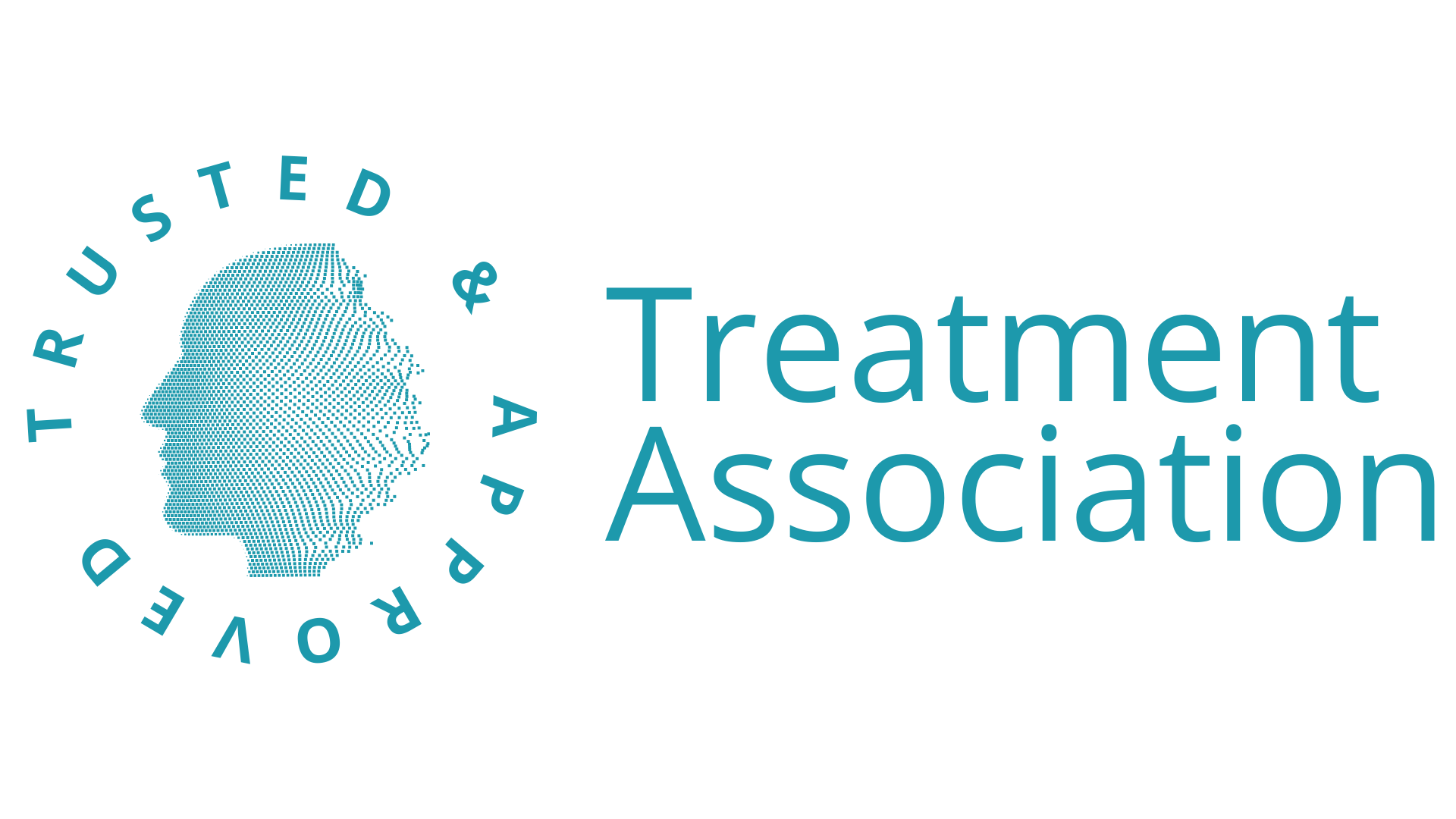As the addiction treatment industry continues to grow, it becomes increasingly important for treatment facilities to stand out among their competitors. One way to do this is by obtaining accreditation. Accreditation demonstrates that a treatment facility has met high standards of care and provides effective treatment to clients. In this blog, we will discuss the benefits of accreditation for treatment facilities and how Treatment Association can assist with the accreditation process.
The Importance of Accreditation for Treatment Facilities
Accreditation is a voluntary process in which an independent organization evaluates a treatment facility to ensure it meets certain standards of care. Accreditation can be obtained from various organizations, such as The Joint Commission, the Commission on Accreditation of Rehabilitation Facilities (CARF), and the National Committee for Quality Assurance (NCQA).
Accreditation provides several benefits for treatment facilities, including:
- Increased Credibility: Accreditation demonstrates that a treatment facility is committed to providing high-quality care to its clients. It shows that the facility has undergone a rigorous evaluation process and has met or exceeded industry standards.
- Improved Outcomes: Accreditation requires treatment facilities to adhere to evidence-based practices and demonstrate positive treatment outcomes. This can lead to improved outcomes for clients and increased satisfaction among clients and their families.
- Enhanced Reimbursement Rates: Many insurance companies require accreditation as a prerequisite for reimbursement. Accreditation can also lead to higher reimbursement rates, which can help treatment facilities improve their financial stability.
- Competitive Advantage: Accreditation sets treatment facilities apart from their competitors and can be a valuable marketing tool. Accredited treatment facilities can use their accreditation status to attract clients and gain a competitive advantage in the industry.
The Accreditation Process
The accreditation process can be lengthy and complex, but it is essential for treatment facilities that want to provide the best care possible for their clients. The process typically involves the following steps:
- Self-Assessment: Treatment facilities must conduct a self-assessment to identify areas where they need to improve. This includes reviewing policies and procedures, evaluating staff qualifications, and assessing treatment outcomes.
- Application: Treatment facilities must submit an application to the accrediting organization, which includes detailed information about the facility’s operations and policies.
- Site Visit: Accrediting organizations conduct a site visit to evaluate the treatment facility’s compliance with accreditation standards. During the site visit, surveyors review records, observe treatment sessions, and interview staff and clients.
- Accreditation Decision: Based on the findings from the self-assessment and site visit, the accrediting organization makes a decision about whether to grant accreditation.
How Treatment Association Can Help
Obtaining accreditation can be a challenging and time-consuming process for treatment facilities, but it is essential for providing high-quality care to clients. Treatment Association can assist with the accreditation process by providing the following services:
- Accreditation Consulting: Treatment Association offers consulting services to help treatment facilities prepare for the accreditation process. Our team of experts can assist with self-assessments, policy development, and staff training to ensure that facilities are prepared for the accreditation process.
- Accreditation Application Support: Treatment Association can assist with the accreditation application process, including providing guidance on completing the application and ensuring that all required documentation is included.
- Site Visit Preparation: Treatment Association can help treatment facilities prepare for the site visit by providing guidance on what to expect and how to best showcase the facility’s operations and policies.
- Post-Accreditation Support: Treatment Association can provide ongoing support to treatment facilities after accreditation is granted. This includes assistance with maintaining accreditation status and staying up-to-date with industry best practices.
Conclusion
Accreditation is essential for treatment facilities that want to provide high-quality care to their clients and stand out in the addiction treatment industry. Obtaining accreditation can be a challenging process, but it is worth it for the benefits it provides. Treatment Association can assist treatment facilities with the accreditation process, from self-assessment to post-accreditation support. By partnering with Treatment Association, treatment facilities can ensure that they are providing the best possible care to their clients and staying competitive in the industry.
H1: Key Takeaways
- Accreditation demonstrates that a treatment facility is committed to providing high-quality care to its clients and has met or exceeded industry standards.
- Accreditation can lead to increased credibility, improved outcomes, enhanced reimbursement rates, and a competitive advantage.
- The accreditation process involves self-assessment, application, site visit, and accreditation decision.
- Treatment Association can assist treatment facilities with the accreditation process, including accreditation consulting, application support, site visit preparation, and post-accreditation support.
In conclusion, accreditation is an important process for treatment facilities that want to provide the best possible care to their clients and stand out in the addiction treatment industry. By partnering with Treatment Association, treatment facilities can obtain accreditation and receive ongoing support to ensure that they are providing the highest quality of care to their clients. With the growing demand for addiction treatment services, accreditation can help treatment facilities succeed and make a positive impact in the lives of those struggling with addiction.






